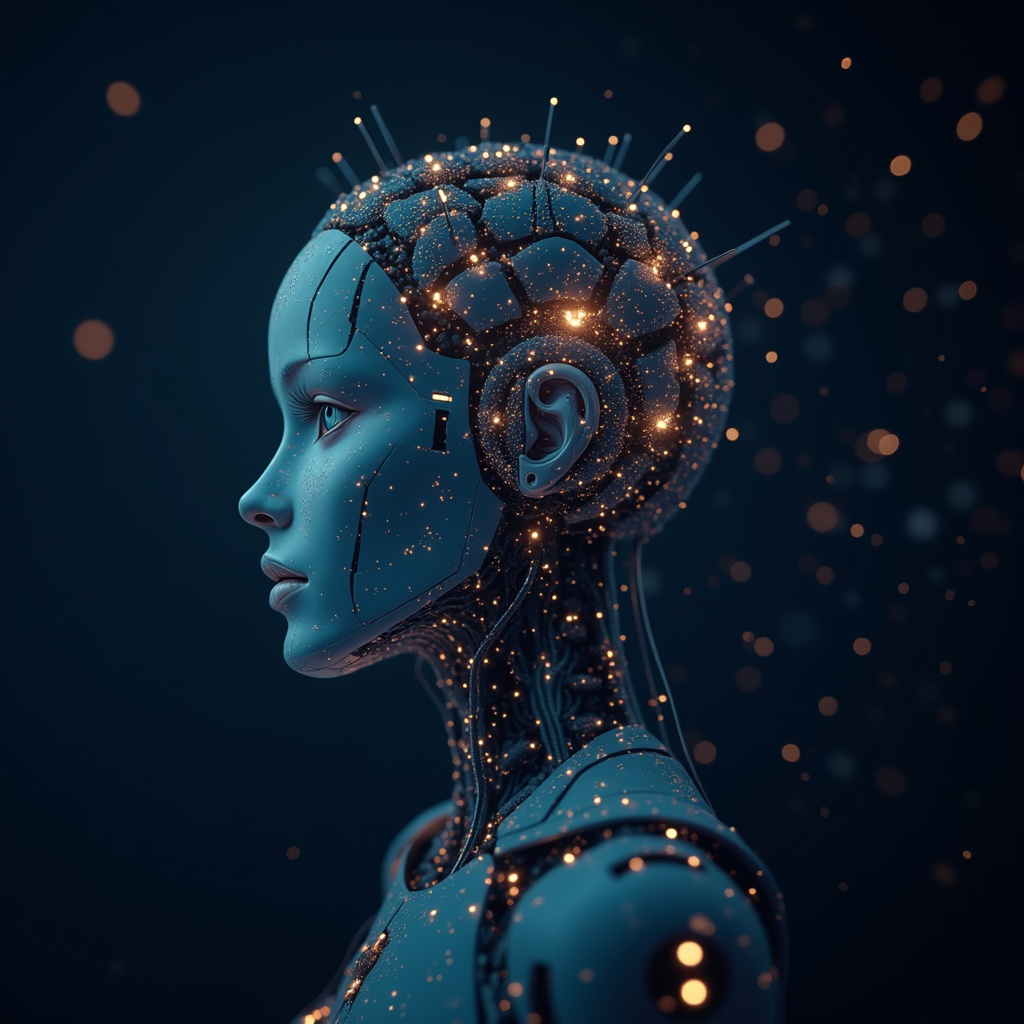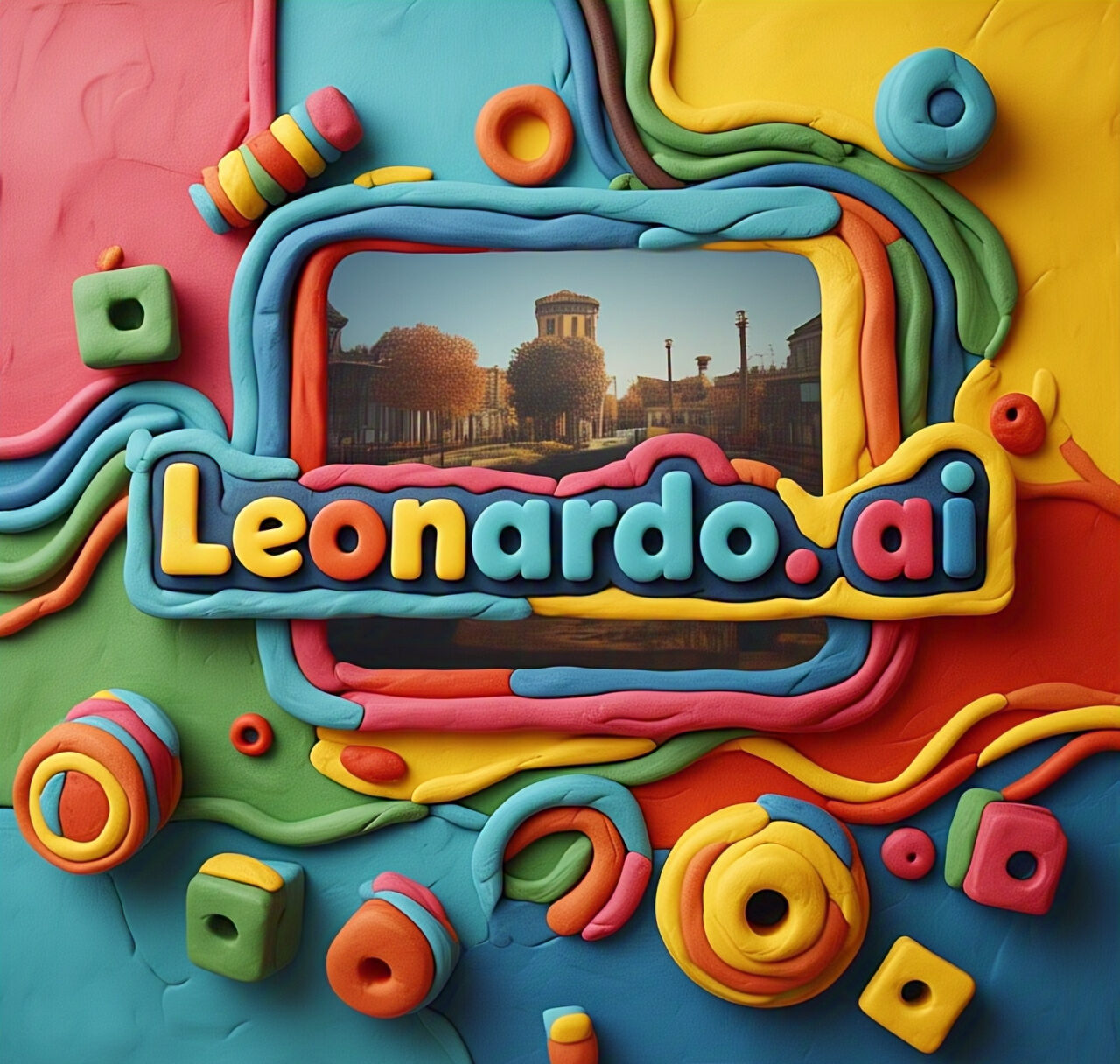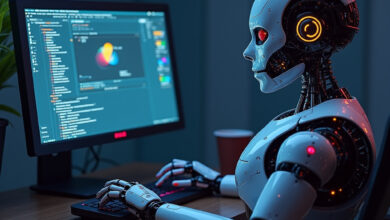Impact of Artificial Intelligence on the Job Market

Introduction
Artificial Intelligence (AI) is transforming the world as we know it. From virtual assistants like Siri and Alexa to advanced algorithms that drive cars, AI is becoming an integral part of our daily lives. But what does this mean for the job market? In this article, we will explore the impact of AI on employment, the types of jobs affected, and how we can adapt to these changes.
The Changing Landscape of Employment
AI is reshaping industries by automating tasks that were once performed by humans. This shift can lead to both job displacement and the creation of new opportunities. While some jobs may become obsolete, others will evolve, requiring a new set of skills. Here are some key areas where AI is making a significant impact:
- Manufacturing: AI-driven robots are increasingly taking over repetitive tasks in factories, which can lead to a reduction in low-skill manufacturing jobs.
- Customer Service: Chatbots and AI systems are handling customer inquiries, which may reduce the need for human customer service representatives.
- Healthcare: AI is assisting in diagnostics and patient care, creating new roles for professionals who can work alongside these technologies.
The Rise of New Job Opportunities
Despite the potential for job loss in certain sectors, AI also opens the door to new job opportunities. As technology evolves, so does the demand for skilled workers. Here are some emerging roles driven by AI:
- Data Analysts: Companies need professionals who can interpret data generated by AI systems to make informed decisions.
- AI Trainers: Humans are needed to train AI systems, teaching them how to perform tasks effectively and ethically.
- Cybersecurity Experts: As dependence on AI increases, so does the threat of cyber attacks, leading to a growing need for security professionals.
Adapting to Change
To thrive in a job market impacted by AI, individuals must be willing to adapt. Here are some strategies to consider:
- Continuous Learning: Embrace lifelong learning by taking courses or obtaining certifications in relevant fields.
- Develop Soft Skills: Focus on interpersonal skills like communication and problem-solving, which are less likely to be automated.
- Stay Informed: Keep up with industry trends and advancements in AI to remain competitive.
Conclusion
The impact of artificial intelligence on the job market is complex and multifaceted. While it poses challenges, it also presents opportunities for those who are prepared to adapt. By embracing change and investing in education and skills development, individuals can not only survive but thrive in this new landscape. The future holds promise for those willing to evolve alongside technology.




